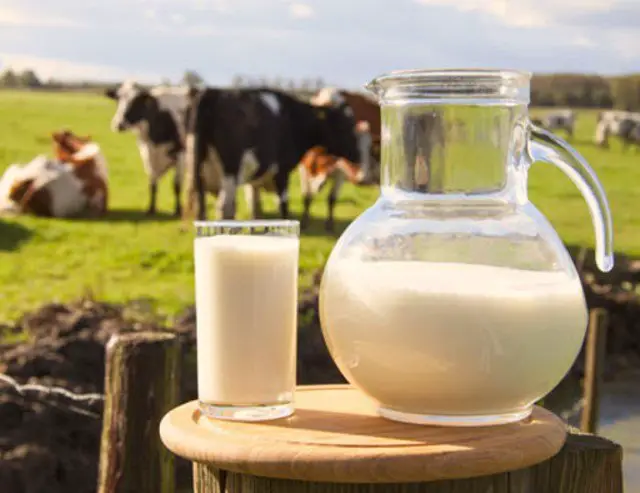The sweet bovine nectar, today we have to talk about the benefits that cow’s milk brings to our body. And how important it is to consume frequently in order to maintain our body’s reserves of calcium, protein and vitamins in optimal conditions. Leaving aside all those myths and gossip commenting on how harmful cow’s milk is. The reality is that they are still vegan lies, since milk is still one of the most recommended foods by expert nutritionists. And the reasons for this recommendation will be shared throughout this post. If your intention is to nourish yourself, or simply favor muscle, bone or body growth in general. You have to find paper and pencil and write down each of the properties and benefits that cow’s milk gives us. Considered a food that contains the main elements and components for growth.

We also recommend you visit the following article on “Why is drinking cow’s milk good for your health?”. Which complements the information in this article. Without further ado, let’s start what concerns us…
Milk has been popular for decades for benefiting two important elements of our body, those are the bones and the muscles. The first is due to its high calcium content, and the second due to the protein content that cow’s milk offers us. Being approximately 35g of protein for every 100g of milk. Amount that is quite high, especially when we calculate the amount of protein that our body requires daily. You will see that with a glass of milk it is possible to cover an important part of that nutrient. However, not everything is there, below we will share a list with the most important benefits of consuming cow’s milk.
Cow’s milk moisturizes.
Milk is made up of a total of 88% water, which means that its consumption will provide us with excellent hydration. Being even more effective than many isotonic or energy drinks. Which means that it is highly recommended to drink a glass of milk after having done some kind of demanding physical activity. You may want to read our post on “How to drink buttermilk”.
Bioavailability Calcium is strongly present, even more so than foods of plant origin.
Calcium is not only good for our bones, but also for the growth and development of our teeth. And by this we do not mean just consuming milk when you are small, even as an adult it is good to properly supply our body with the doses of calcium it needs. This will help prevent bone or joint problems in old age. Calcium from cow’s milk turns out to be easier for our body to absorb than plant-based sources of calcium. This is mainly due to the absence of inhibitory factors that are present in vegetables. Which intervene in the absorption of the mineral more efficiently by our body. Thanks to calcium salt from cow’s milk, it is easy to combat problems such as osteoporosis and bone repair in the event of a fracture or injury.
Cow’s milk contains tryptophan, making it excellent for relaxing the body.
For those who don’t know what tryptophan is, this is an amino acid that promotes sleep. This amino acid is present in all foods that contain protein, and turns out to be a precursor to components that induce sleep, such as serotonin and melatonin.
It is a food rich in protein.
As previously mentioned, milk is one of the foods that contain high doses of protein. In fact, before the whole boom of protein shakes that are usually sold in fitness stores or gyms. Milk was the protein supplement par excellence and for many, it still is. Although a milk shake can be further enhanced with the addition of protein powder (the soy protein to give you an example). By itself, milk contains a high enough amount to be able to provide the amount of protein that your body needs. Nutritional experts recommend drinking at least one glass of milk per day, whether you are doing any sport, exercise or training or not. After everything written in this post, the last decision is up to you. Ready to start buying cow’s milk more often? We hope the answer is yes. If this article has been to your liking, we invite you to continue reading more related topics such as the following on “Muscle milk: Risks, Uses and How to take Muscle Milk ”.
